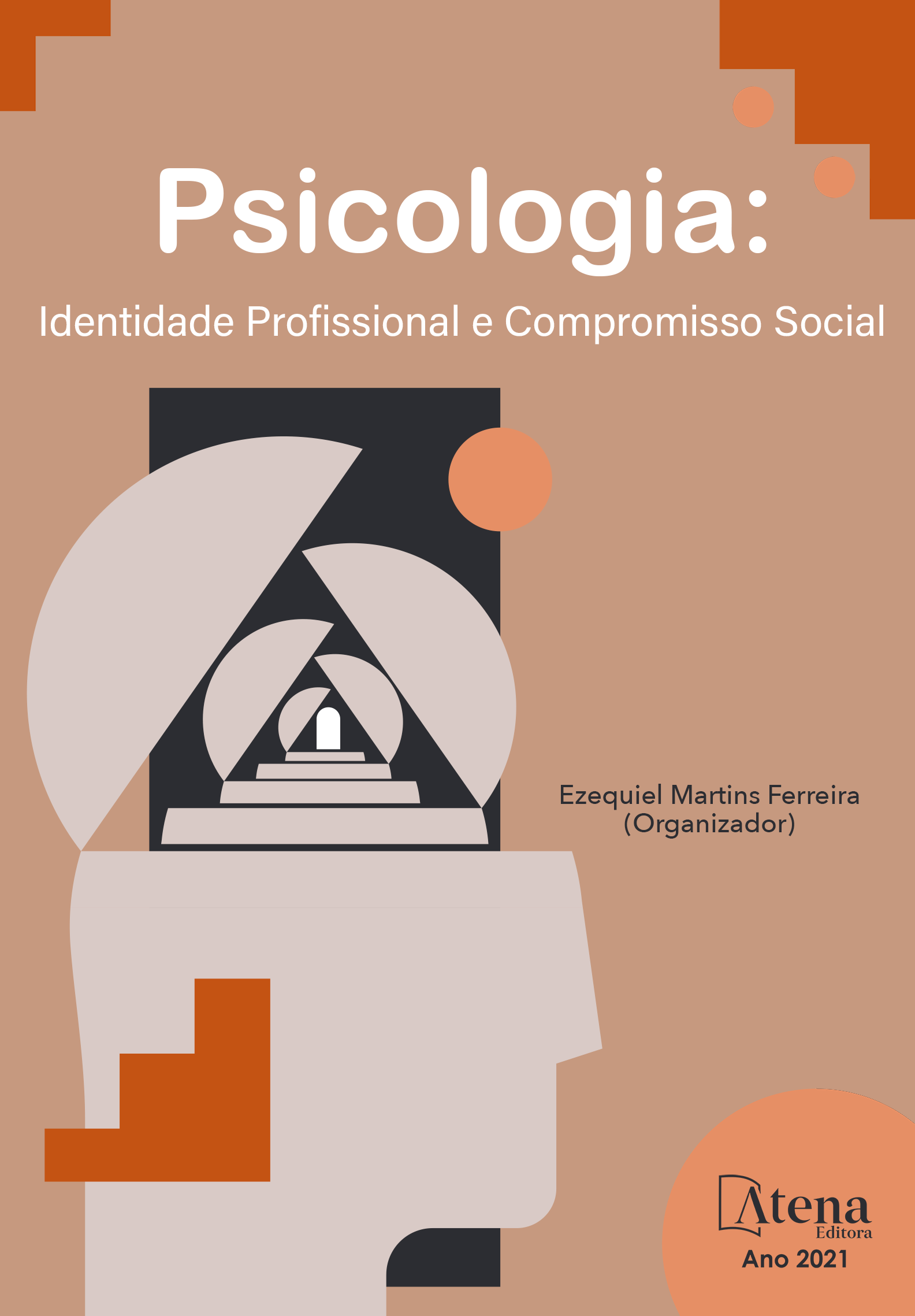
EXPECTATIONS AND CHILD STYLES OF LOS PADRES EN ESTUDIANTES WITH DIFFERENT SKILLS- HUÁNUCO, PERUVIAN
El estudio de tipo cuantitativo, transversal, tiene como objetivo determinar las expectativas y estilos de crianza de los padres y madres de familia de los estudiantes con Habilidades Diferentes, el diseño es descriptivo comparativo, se ha tenido como muestra a 43 participantes siendo el 35% padres y el 65% madres a quienes se les ha aplicado el Cuestionario de expectativas y estilos de crianza, que fue construido y validado por expertos, con confiabilidad de .89, obteniendo los siguientes resultados: En cuanto a los estilos de crianza, el 65% de padres presentan el estilo de crianza democrático, el 12% de padres con estilo autoritario y el 23% de madres con estilo permisivo, estadísticamente no existen diferencias significativas entre los padres y madres de familia, porque según la t=0; el valor crítico de 2.77 es mayor que el p valor de 0.05 y la d = 0, sin efecto.
En relación a las expectativas, un 63% tienen confianza que sus hijos pueden desarrollar sus habilidades, solo el 21% se sienten motivados por el avance que van obteniendo como, también solo el 16% señalan tener una autoestima favorable. Considerando ambos padres, el 68% de madres señalan tener confianza en comparación al 53% de padres, mientras que el 27% de padres muestran autoestima favorable en comparación al 11% de madres. No existe diferencias significativas en las expectativas, ya que según la t=0; el valor crítico de 3.18 es mayor que el p valor de 0.05 y la d = 0.03 sin efecto. Siendo la familia la clave y los mejores maestros en el desarrollo de las personas con habilidades diferentes es importante las expectativas altas, trabajar motivados con el acompañamiento de docentes y especialistas para lograr la inclusión integral de sus hijos.
EXPECTATIONS AND CHILD STYLES OF LOS PADRES EN ESTUDIANTES WITH DIFFERENT SKILLS- HUÁNUCO, PERUVIAN
-
DOI: 10.22533/at.ed.3942130037
-
Palavras-chave: Estilos de crianza, Expectativas, Habilidades Diferentes
-
Keywords: Parenting Styles, Expectations, Different Skills
-
Abstract:
The quantitative, cross-sectional study aims to determine the expectations and parenting styles of parents of students with Different Abilities, the design is descriptive and comparative, it has been taken as a sample of 43 participants, 35% fathers and 65% mothers to whom the Questionnaire of expectations and parenting styles has been applied, which was constructed and validated by experts, with a reliability of .89, obtaining the following results: Regarding parenting styles, 65 % of fathers present the democratic parenting style, 12% of fathers with authoritarian style and 23% of mothers with permissive style, statistically there are no significant differences between fathers and mothers of families, because according to t = 0; the critical value of 2.77 is greater than the p value of 0.05 and the d = 0, without effect.
In relation to expectations, 63% are confident that their children can develop their skills, only 21% are motivated by the progress they are making, and only 16% say they have a favorable self-esteem. Considering both fathers, 68% of mothers say they are confident compared to 53% of fathers, while 27% of fathers show favorable self-esteem compared to 11% of mothers. There are no significant differences in expectations, since according to t = 0; the critical value of 3.18 is greater than the p value of 0.05 and the d = 0.03 without effect. As the family is the key and the best teachers in the development of people with different abilities, high expectations are important, working motivated with the support of teachers and specialists to achieve the integral inclusion of their children.
-
Número de páginas: 15
- MIGUEL ANGEL JAIMES CAMSPO
- ANA MARIA VICTORIO VALDERRAMA
- LILIA LUCY CAMPOS CORNEJO


